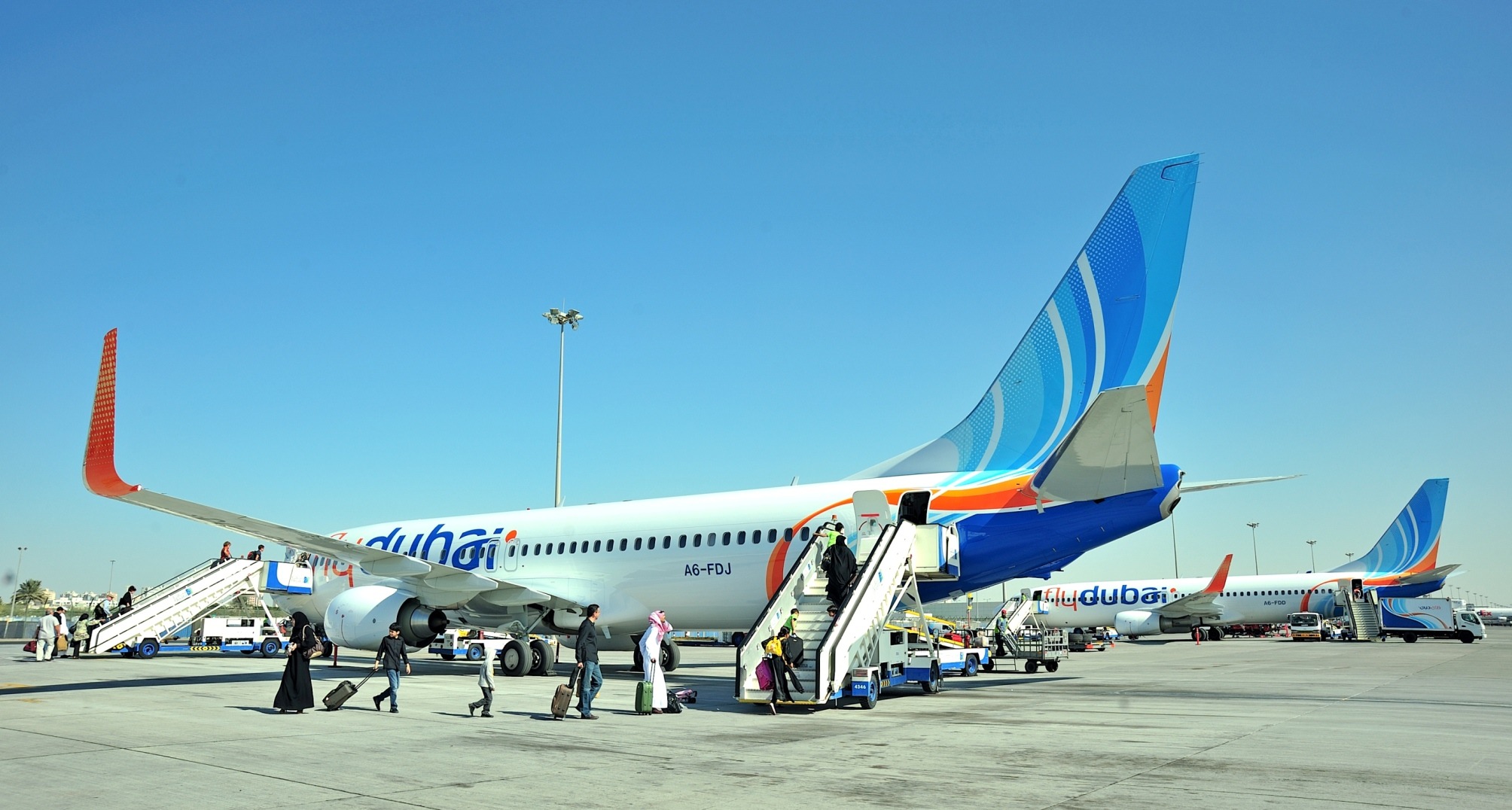Birmingham’s football landscape isn’t solely defined by the thrill of matches and the roar of the crowd. Beyond the pitch, a complex and dynamic business ecosystem thrives, shaping the city’s identity and economy. From ticket sales to sponsorship deals, this article delves into the multifaceted business side of Birmingham football, uncovering the financial maneuvers that fuel the game and the economic impact they create.
The Economics of Football
Football in Birmingham operates within the framework of a thriving economic engine. Clubs, large and small, contribute significantly to the local economy through a range of activities, including ticket sales, merchandise, hospitality, and matchday experiences. The football industry supports numerous jobs, from players and coaches to marketing professionals and ground staff, establishing itself as a substantial source of employment.
The Premier League Pull
The financial dynamics of Birmingham’s football landscape are heavily influenced by its Premier League presence. Aston Villa, a Premier League mainstay, reaps the benefits of broadcasting rights, global exposure, and lucrative sponsorship deals. These revenue streams, coupled with fan engagement and merchandise sales, contribute to a substantial financial influx that trickles down to various aspects of the city’s economy.
Gate Receipts and Matchday Revenue
Gate receipts from match tickets are a significant revenue stream for Birmingham’s football clubs. The excitement of watching live football in iconic stadiums like Villa Park and St. Andrew’s is an attractive proposition for fans, both local and international. The revenue generated from matchday attendance not only contributes to the clubs’ financial stability but also adds to the atmosphere that makes football a cherished experience.
Sponsorships and Partnerships
Sponsorships and partnerships play a pivotal role in the business of football. Local and global brands see football clubs as platforms to reach a diverse audience. Whether it’s a shirt sponsor, stadium naming rights, or partnerships with local businesses, these collaborations inject substantial funds into the clubs’ coffers. Additionally, the financial support from sponsors helps clubs invest in player development, facilities, and community initiatives.
The Digital Age: Broadcasting and Streaming
The digital revolution has transformed the way football is consumed. Broadcasting rights, both domestic and international, have become a critical revenue source for clubs. Broadcasting deals provide a steady income stream that enables clubs to invest in infrastructure, player acquisitions, and talent development. The rise of streaming platforms and digital content also presents new opportunities for fan engagement and revenue generation.
Player Transfers and Financial Strategy
Player transfers are among the most visible aspects of football economics. Successful player acquisitions can significantly impact a club’s on-field performance and financial standing. football clubs in Birmingham engage in transfer activities that require strategic financial planning. The sale of players, especially to higher leagues, can yield substantial transfer fees that clubs can reinvest in their squads and infrastructure.
Community Engagement and Social Impact
The business side of Birmingham football isn’t solely about profits; it also encompasses social responsibility. Football clubs recognize their role in the community and engage in initiatives that have a positive impact on society. From youth development programs to charitable partnerships, clubs leverage their influence to bring about meaningful change and create a lasting social legacy.
Stadium Development and Infrastructure
The development and maintenance of stadiums and training facilities are significant financial considerations for football clubs. Modern stadiums equipped with state-of-the-art facilities enhance the fan experience and generate revenue through hosting events beyond matchdays. Infrastructure investments not only benefit the clubs themselves but also contribute to the city’s overall attractiveness and tourism.
Financial Challenges and Sustainability
While the allure of football economics is undeniable, it’s essential to acknowledge the financial challenges that clubs face. Some clubs, particularly those operating in lower leagues, grapple with financial sustainability due to constraints on revenue sources. This highlights the need for prudent financial management, effective cost control, and a clear strategy for growth.
A Thriving Football Ecosystem
The business side of Birmingham football weaves a comprehensive tapestry that connects clubs, fans, businesses, and the community. From grassroots academies nurturing future stars to international broadcasting deals attracting a global audience, every facet of this ecosystem contributes to Birmingham’s economic and cultural fabric. As the football landscape continues to evolve, so too will the intricacies of its business side, reflecting the ever-changing dynamics of a beloved sport that transcends the boundaries of the pitch.
Financial Landscape
Football, like any other sport, has evolved into a lucrative industry. In Birmingham, the economic impact of football is profound. The clubs, through ticket sales, merchandise, and sponsorships, generate millions of pounds in revenue annually. Birmingham City FC and Aston Villa FC are no exceptions.
Matchday Revenue
Matchdays are the heartbeat of football clubs. Thousands of fans flock to the stadiums, creating an electric atmosphere and contributing significantly to the clubs’ coffers. Ticket sales, concessions, and hospitality packages are all integral components of matchday revenue.
Merchandising
Both clubs have dedicated megastores and online shops that sell a wide range of merchandise, from jerseys and scarves to mugs and keychains. These items not only generate revenue but also serve as marketing tools, strengthening the bond between the fans and their beloved teams.
Challenges
Despite the financial successes, football clubs face several challenges, including player wage inflation, transfer market competitiveness, and the impact of COVID-19 on matchday revenue. Striking a balance between financial sustainability and on-field success is an ongoing challenge for club executives.
The Future of Birmingham Football
The business side of Birmingham football continues to evolve. Clubs are exploring innovative revenue streams, such as esports partnerships, virtual fan engagement, and data analytics to gain a competitive edge.
In conclusion, Birmingham, a city deeply rooted in industrial history and culture, is not only famous for its manufacturing legacy but also for its love for football. Birmingham’s football clubs are not just teams competing on the field; they’re dynamic entities that contribute significantly to the city’s economy, identity, and social fabric. The financial maneuvers that sustain the clubs, from ticket sales to sponsorship deals, have a profound impact on both local and international scales. As the football industry continues to evolve, its influence on Birmingham’s business landscape will remain a crucial aspect of the city’s identity and growth.



